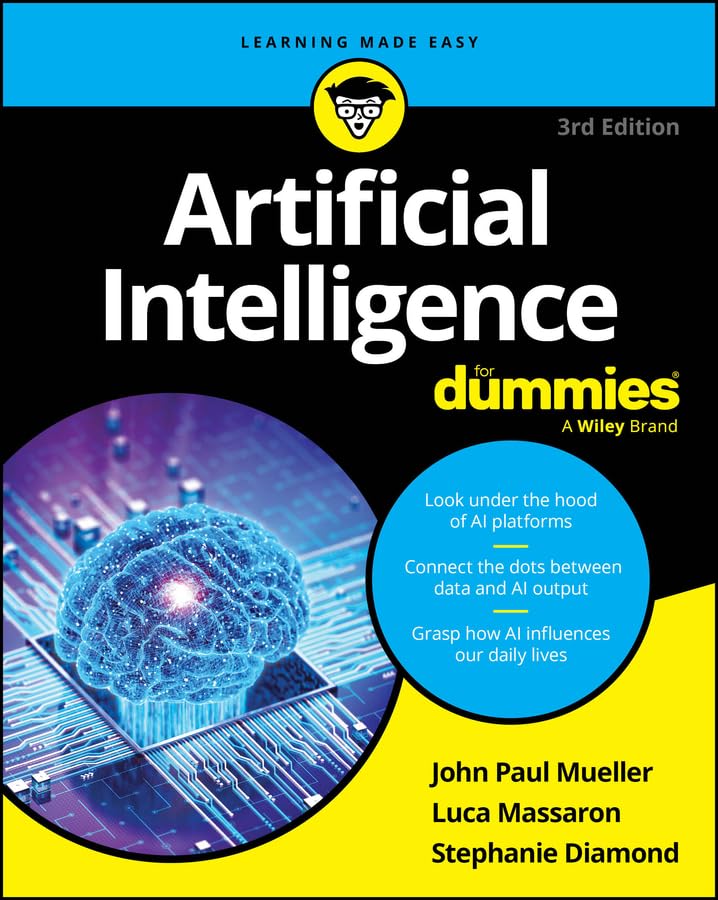What do you think?
Rate this book


344 pages, Kindle Edition
First published March 16, 2018
"Data analysis concentrates on understanding and manipulating the data so that it can become more useful and provide insights on the world, whereas machine learning strictly focuses on taking inputs from data and elaborating a working, internal representation of the world that you can use for practical purposes."
Data is not just money that rains from the sky; it requires effort to make it useful. Just as you can't immediately use unrefined oil because it has to be changed into something else by chemical processes that turn it into gas, plastics, or other chemicals, so data must undergo significant transformations to acquire value."
"You have a weak AI when the AI shows intelligent behavior but isn't conscious like a human being. A strong AI occurs when the AI can really think as a human."---->this is the goal in the field of AI. It's interesting but am still in the beginning of everything. I'll get there someday. KAIZEN is the key.
"Artificial intelligence aims to find solutions to some difficult problems related to human abilities (such as recognizing objects, or understanding speech or text); robotics aims to use machines to perform tasks in the physical world in a partially or completely automated way."-----> AI more on brain; robotics more on physical.
Keep It Simple, Stupid (KISS) principle is the best idea to keep in mind when it comes to developing AI applications.